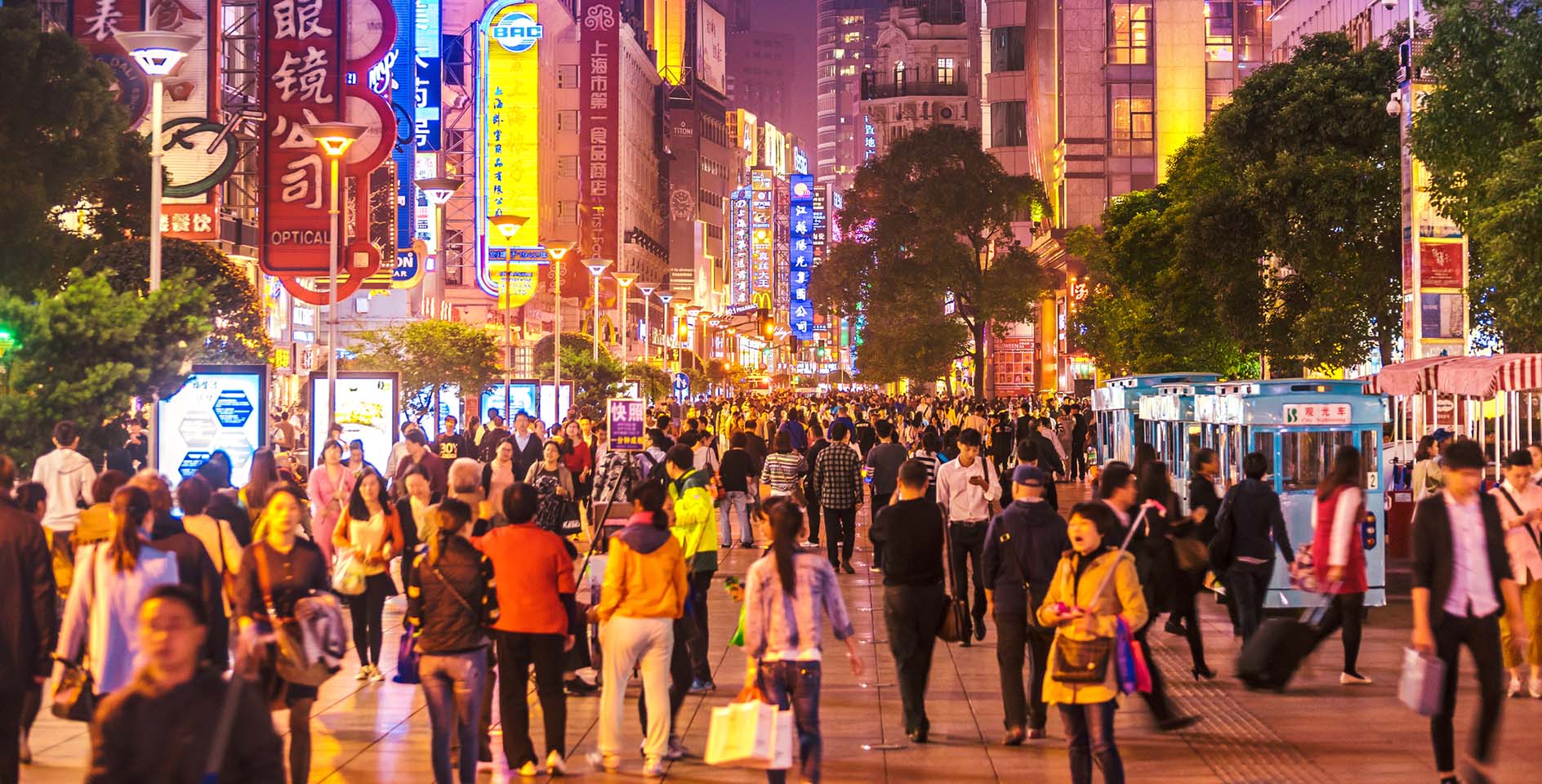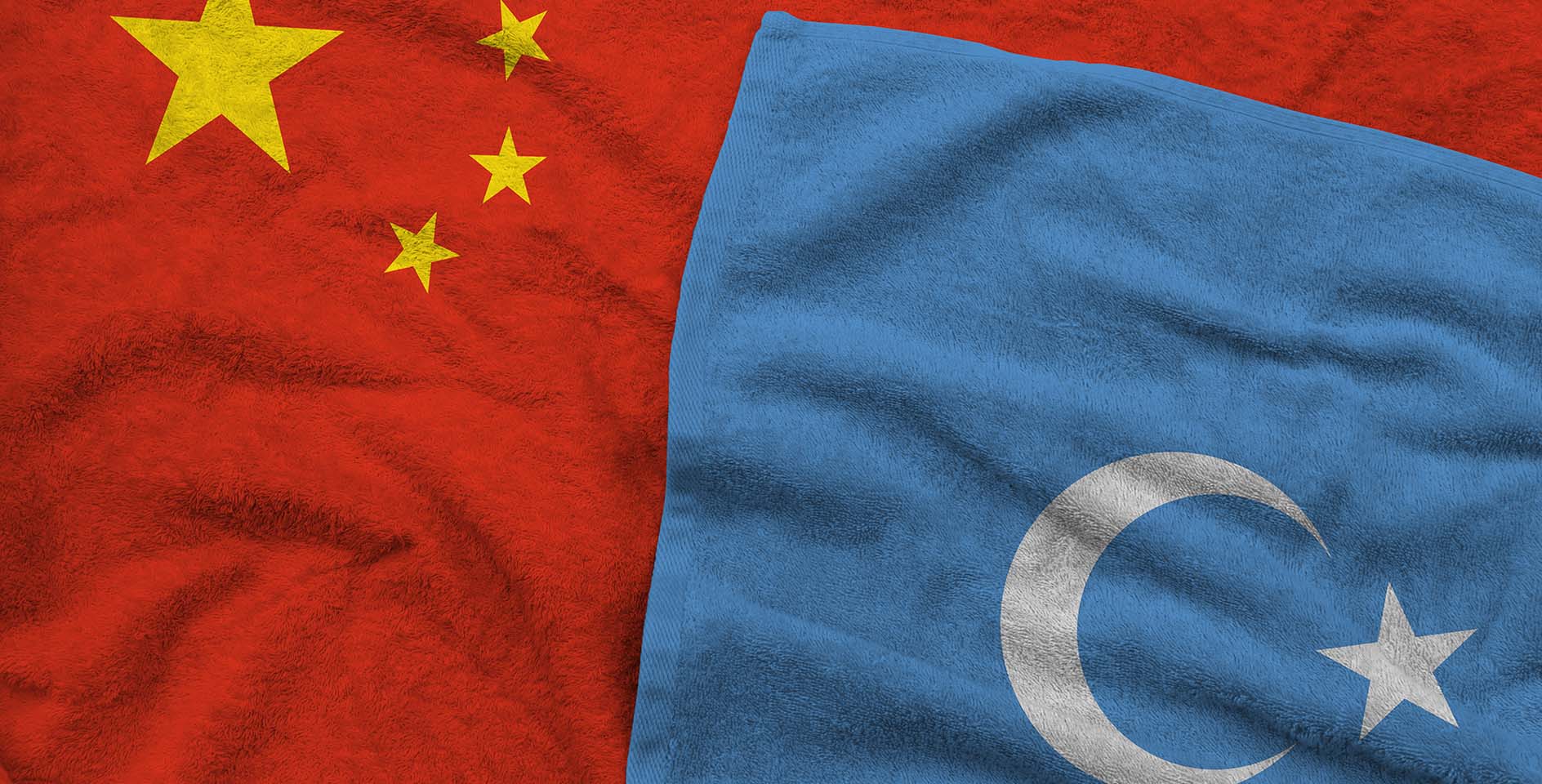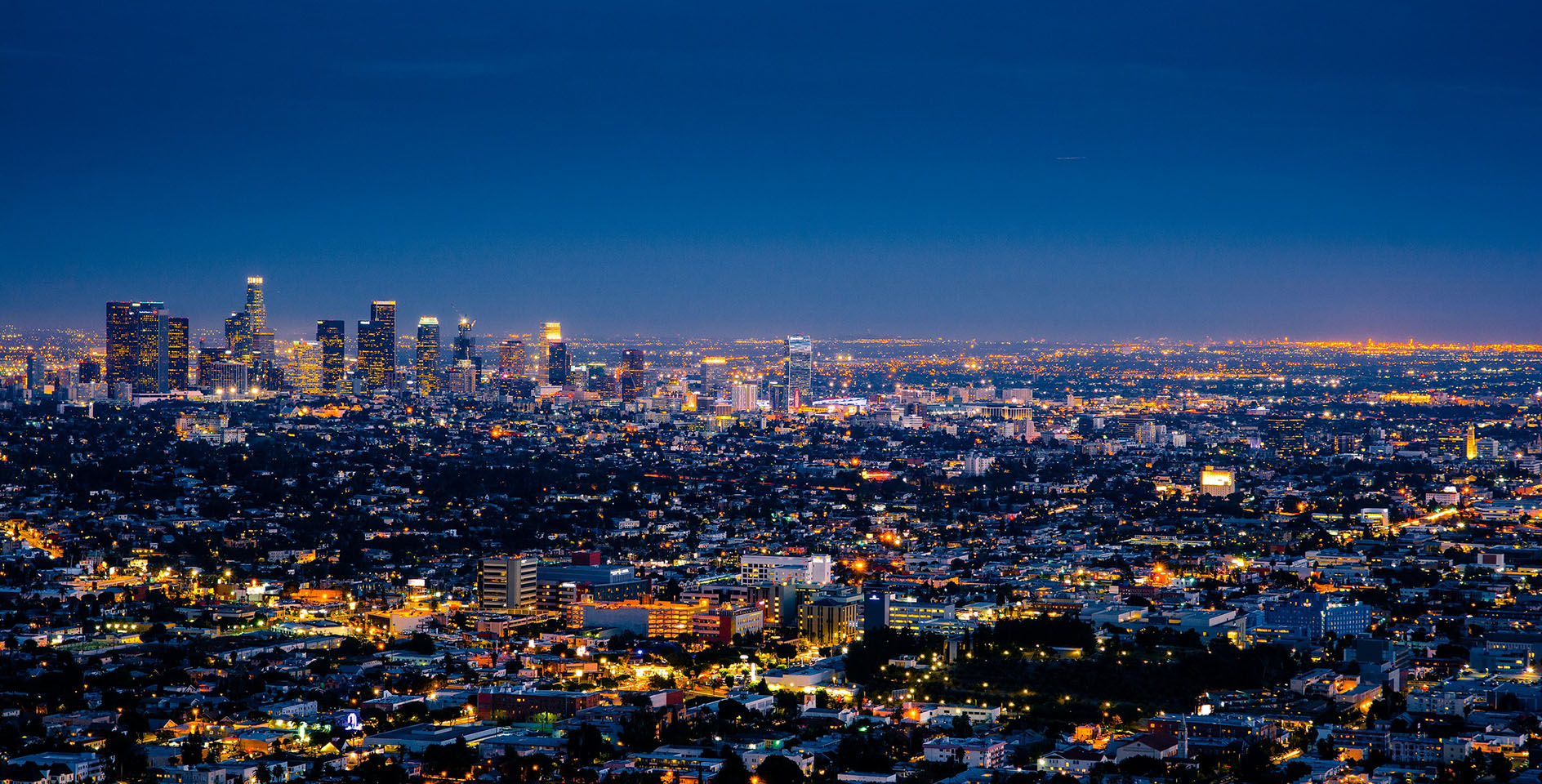It is no secret that the Chinese government has been leveraging technology in order to strengthen its standing throughout the world. Outside of mainland China, companies with deep ties to the Chinese Communist Party (CCP), such as telecommunications giant Huawei, have been accused of using their technologies to aid the CCP in national security efforts. They do this by sharing private information in order for the country to gain an edge over their international rivals such as Europe and the United States. In recent years, China has become a technology superpower with major advances in artificial intelligence, facial recognition, and other emerging technologies, driven in large part by the state-backed partnerships forged by government leaders.
But inside the country, there have been blatant violations of human rights and religious liberty. Examples include the atrocities committed against minority people groups like the Uighur Muslims and those against Chinese citizens who live in a society without basic freedoms such as freedom of expression, press, and access to information. These freedoms are often blocked by a highly sophisticated censorship operation known as “The Great Firewall of China.” Anything interpreted as against the Chinese state is prohibited and filtered out for the public consumption. This Chinese oppression and control also extends to constant surveillance—especially through the use of facial recognition—as well as promises of widespread deployment of a social credit score system in order to clamp down on dissidents under the heavy hand of President Xi Jinping’s government.
What is the relationship between China and Hong Kong?
As ERLC policy director Chelsea Patterson Sobolik has written, “since the 1997 transition from the United Kingdom to China, Hong Kong has operated under a system of law that guaranteed a ‘one country, two systems’ arrangement for the city. Under this system, Hongkongers have enjoyed economic and civil freedoms that people in mainland China do not.” Hong Kong, while residing in mainland China, has operated with a separate government from that of the rest of China, and the people of Hong Kong were guaranteed certain freedoms that the rest of China does not enjoy. But these freedoms have been short lived as Beijing has implemented a drastic new security bill designed to crackdown on dissidents and any foriegn influence on the people of Hong Kong, which in many ways brings Hong Kong under the same level of control and surveillance as the rest of China.
This security bill, which went into full effect on July 1, was drafted in secret by the Beijing government, and the contents of the bill were not even known to the government leaders of Hong Kong until its passage. While certain details are still vague, it seems that under the new law any company doing business in Hong Kong must hand over a wide range of customer information and comply with censorship requests from the Chinese government. This security law will extend the draconian levels of Chinese censorship and digital surveillance to Hong Kong, which has historically enjoyed freedoms that Chinese citizens have not because of the unique “one country, two governments” approach since the 1997 transfer of sovereignty of Hong Kong from the United Kingdom to China.
What just happened?
In recent days, a number of technology companies have withdrawn or paused operations in the semi-autonomous city of Hong Kong amidst rising tensions in the city. Companies like Google, Facebook, Microsoft, and Twitter have vowed to stop honoring government requests for information in Hong Kong as they push back against this sweeping security bill. Currently it seems that these U.S.-based companies are pausing these requests until they can assess the ramifications of the new law, but there is hope that these companies may use their influence to push for greater freedoms in Hong Kong.
As Vox reports, this pushback “represents a rare moment when big American tech companies are contesting China’s tight grip on information in the country.” Facebook and Twitter have long been barred from mainland China and its 1.4 billion inhabitants over their refusals to abide by the surveillance and censorship rules set by Beijing. Google has operated in a limited capacity in China, but many have questioned the company’s future plans to expand in the Chinese market. All three U.S. firms have operated freely in Hong Kong until this recent move with the new security bill.
Even Chinese-owned Byte-Dance, parent company of the viral TikTok video app, has stated that it will cease operations in Hong Kong over the next few days even though the Hong Kong market is small compared to other markets. Interestingly, this move by TikTok comes days after India banned TikTok over concerns of collusion with the Chinese government, as well as U.S. Secretary of State Mike Pompeo’s indication that the United States may also be considering a similar ban based on similar security concerns.
Why does this matter?
The refusal to hand over user information to government officials by these technology companies may signal a greater willingness to push back against the Chinese abuse of power than we have seen in the past and a massive opportunity to raise awareness of the human rights violations in China and Hong Kong. As these U.S. firms refuse to comply with the stipulations imposed by Beijing—citing basic human rights and freedom of expression for their users—there is a real cost for them financially because they will be cutting themselves off from the entirety of the expansive Chinese market. This tense situation in Hong Kong may lead to real change and lasting efforts to reign in the abuse of power seen by the CCP in Hong Kong and hopefully throughout the rest of China. But the prospect of the CCP losing power is likely bleak.
The stand taken by these U.S. firms is an encouraging sign that the United States, as a whole, may continue to challenge the CCP—both economically and morally—as these companies seem to be standing with the pro-democracy and pro-human rights efforts in Hong Kong. With the sweeping new security law, lawmakers have been debating how the United States and similarly situated nations should respond in the midst of this crisis in Hong Kong. While many technology companies are not honoring government requests for data or shutting down services completely in Hong Kong, there are other ways that the United States and other nations can intervene by putting pressure on the Chinese government to stop this political persecution in Hong Kong, but also provide for those fleeing this persecution.
The ERLC has been doing considerable work on these issues in Hong Kong and surrounding areas, raising awareness and supporting many efforts like the recently announced Hong Kong Safe Harbor Act, which is a piece of legislation that allows the U.S., to be a refuge for Hongkongers fleeing political persecution. Other efforts such as activist movements and efforts to raise public awareness have been taking place for months amid major protests in Hong Kong over this security bill and other moves by the Chinese government to exert control over the people in Hong Kong, which is in violation of the 1997 agreement.
As Christians, we are called by God to stand with the oppressed and vulnerable—wherever they may reside throughout the world—because we believe in the dignity of every human life as created in God’s image (Gen 1:26-28). While the fate and freedom of Hongkongers is in peril, it is imperative for the world community to speak out against these injustices and the blatant violations of basic human rights by the Chinese Communist Party, as we stand alongside the people of Hong Kong who seek to exercise their God-given rights of freedom of expression.










